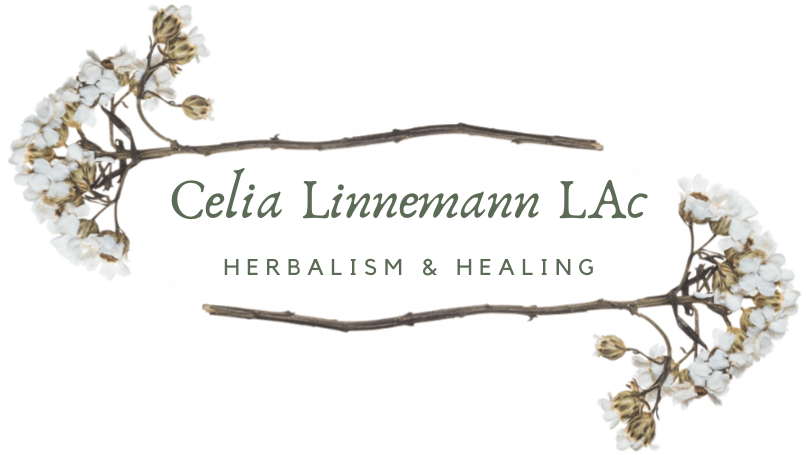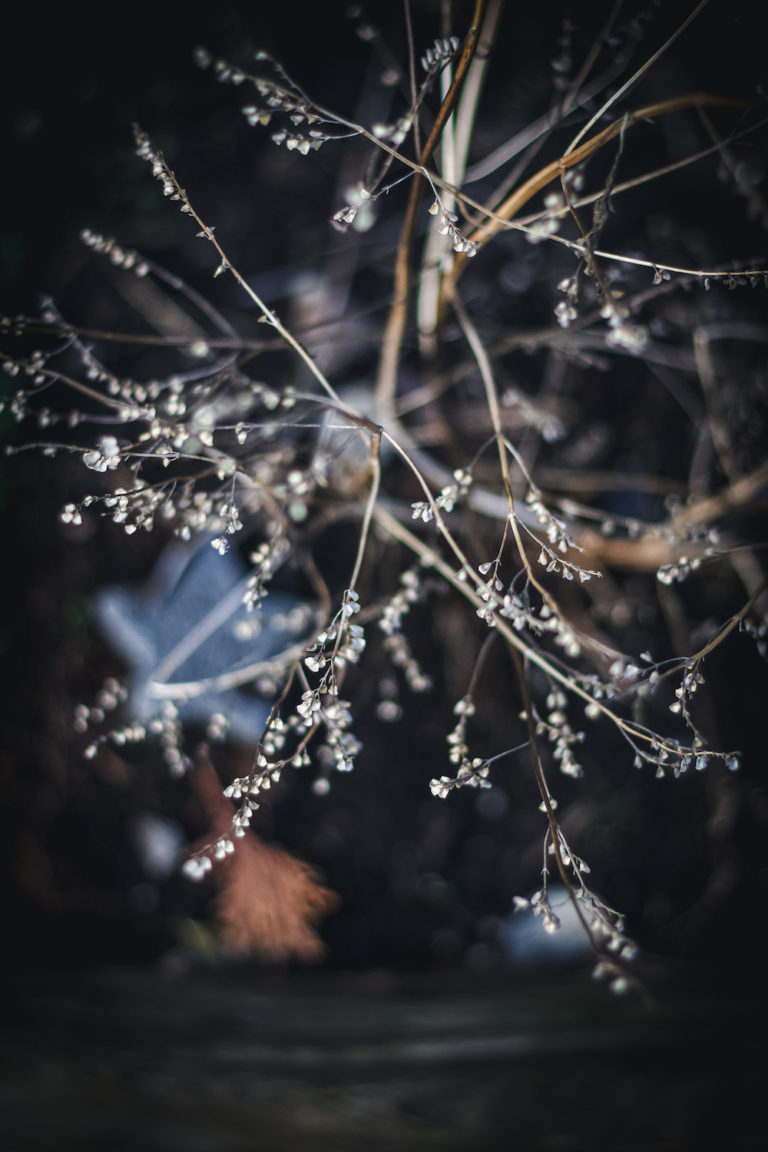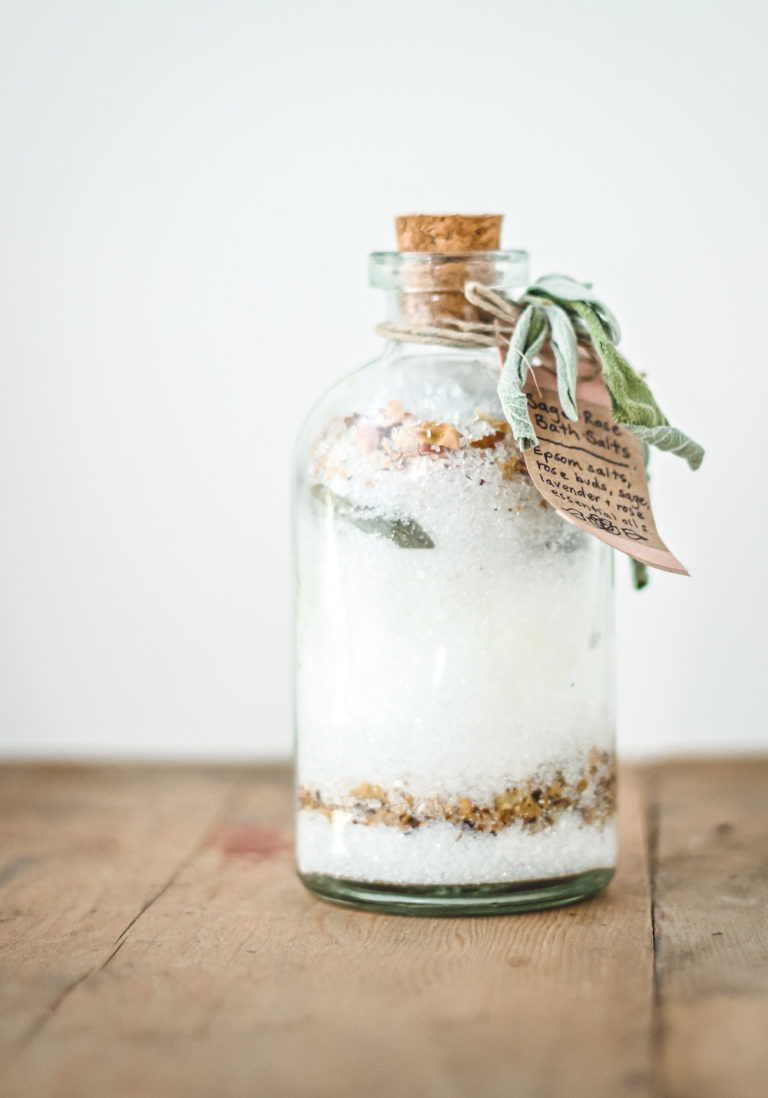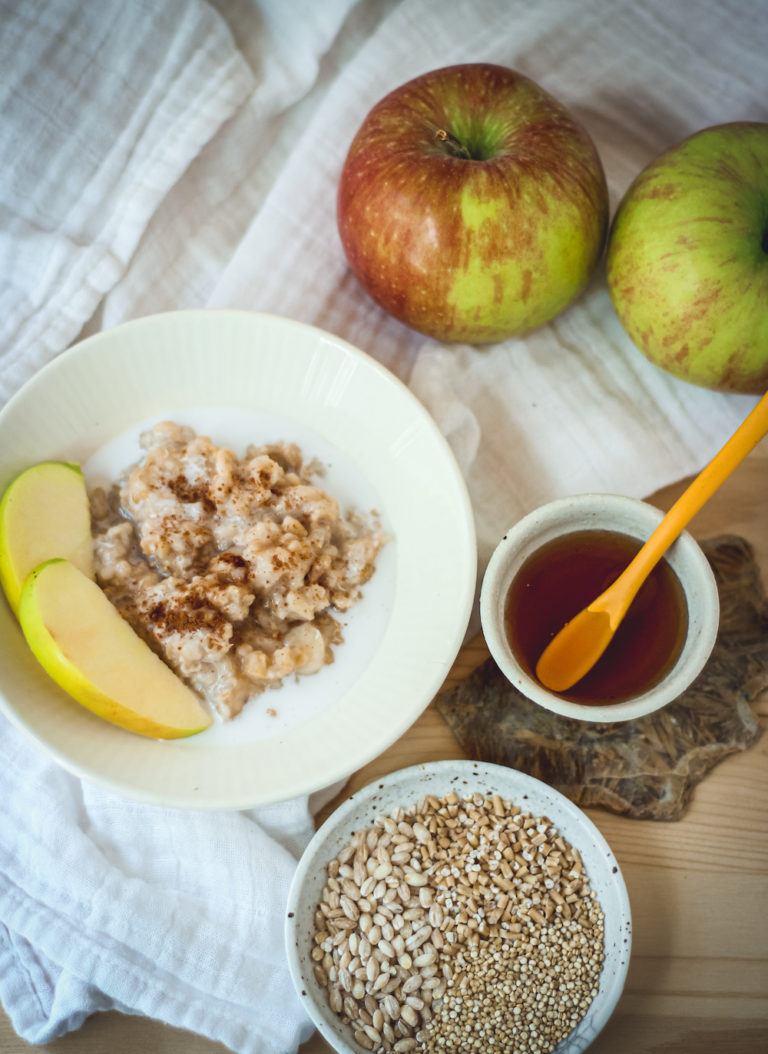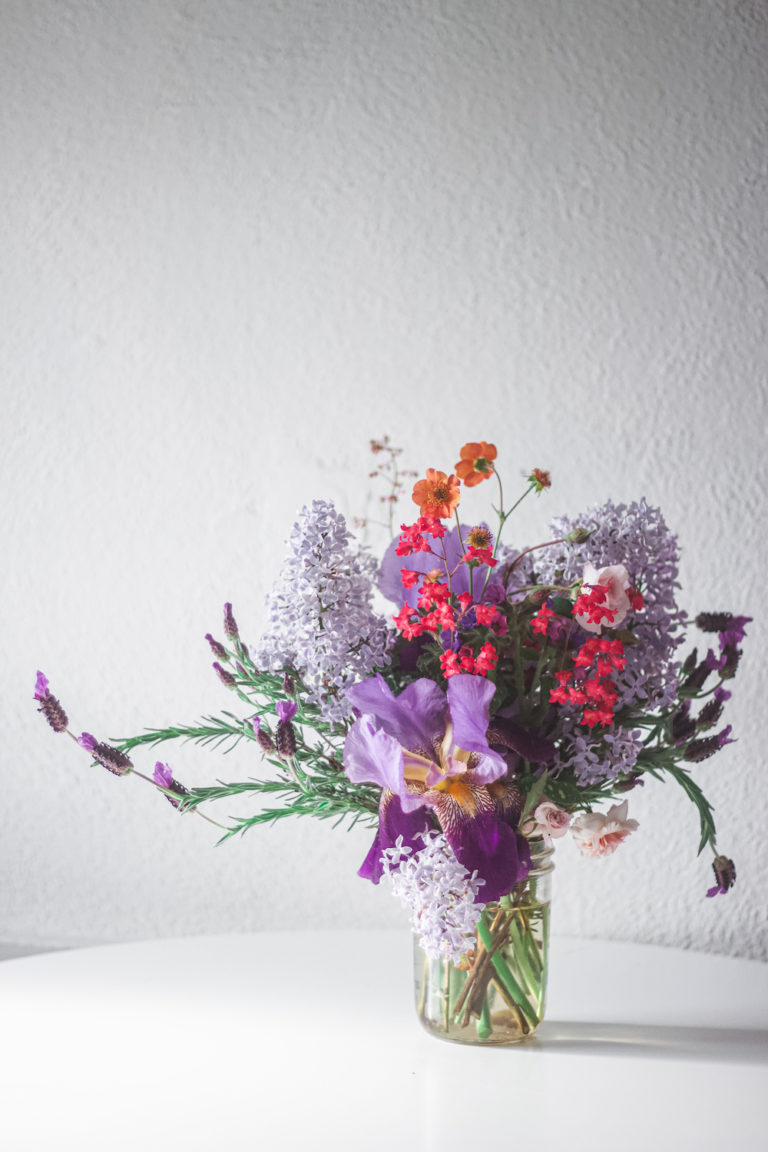Allowing Fear in the Watery Land of Zhi: The Spirit of the Kidneys within Chinese Medicine 5 Element Theory
Water and Zhi: How the Spirit of the Kidneys holds Fear
In this post, we explore the fear, water and Zhi, the spirit associated with the Kidney organ system within the 5 Element theory of Taoism and Chinese medicine. This was originally written in January of 2008 at a time when I was new to Chinese Medicine philosophy and thinking of how an element and organ system felt to help me know it deeper in my body then I ever could grasp intellectually.
I hope that this helps you, too, even if you don’t have an interest into Chinese medicine or anything like that.
Imagining a concept or an aspect of our spirit as a landscape is just one of many ways to connect the emotions to our physical, felt experience.
Emotions are powerful tools for any and all healing work we want to and need to do. Personally and collectively. Period.
If we want change, we have to feel. Because emotions will give us the route forwards.
This is true for feeling into the 5 areas of dis-ease that I focus on in my own practice: pain, trauma, wounding, illness and depletion of our physical body. And this is true for feeling into emotional, mental and spiritual level of ourselves (and collectively) as well.
The levels of our being are not like onion peels. They are not separate entities, they are intermixed. The physical layer of our body is the most dense, and the spiritual/energetic layer is the least dense. Emotions are key for feeling into for healing and guidance because it is the part of us that is energetic yet with a physical manifestation. We can feel emotions and they do things to our physical body.
Yes, we can feel out mental bodies and spiritual bodies, but that is harder. You have to spend more time in different brain states like meditation for the grasping the mental body, and in non-ordinary reality to really grasp what is going on for the spiritual body.
Actually, you get a good sense of these parts of yourself through your intuition, which is tied to – you guessed it – working with the emotional body, at least in the beginning.
Emotions are the interface of where spirit interfaces with body (que the Deathcab for Cutie!). So let’s talk about the basics of the Kidneys, Fear, and the Watery Land of Zhi.
Check out this other blog entry to learn more about the Kidneys:
A Chinese Medicine Perspective on the Kidneys and How to Support Them
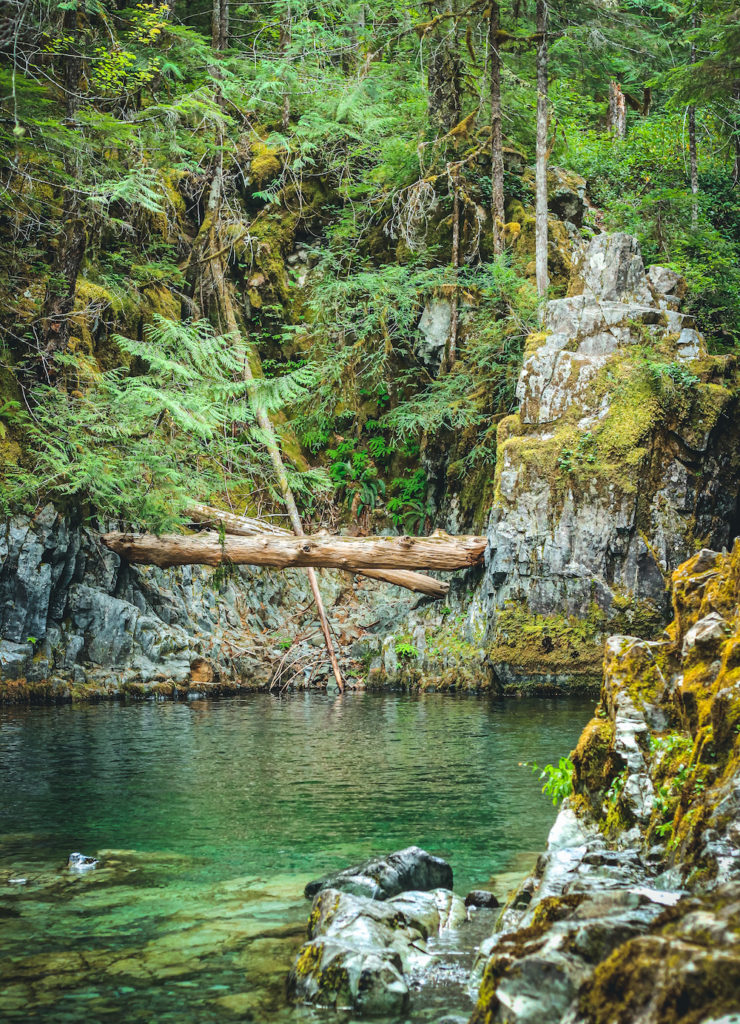
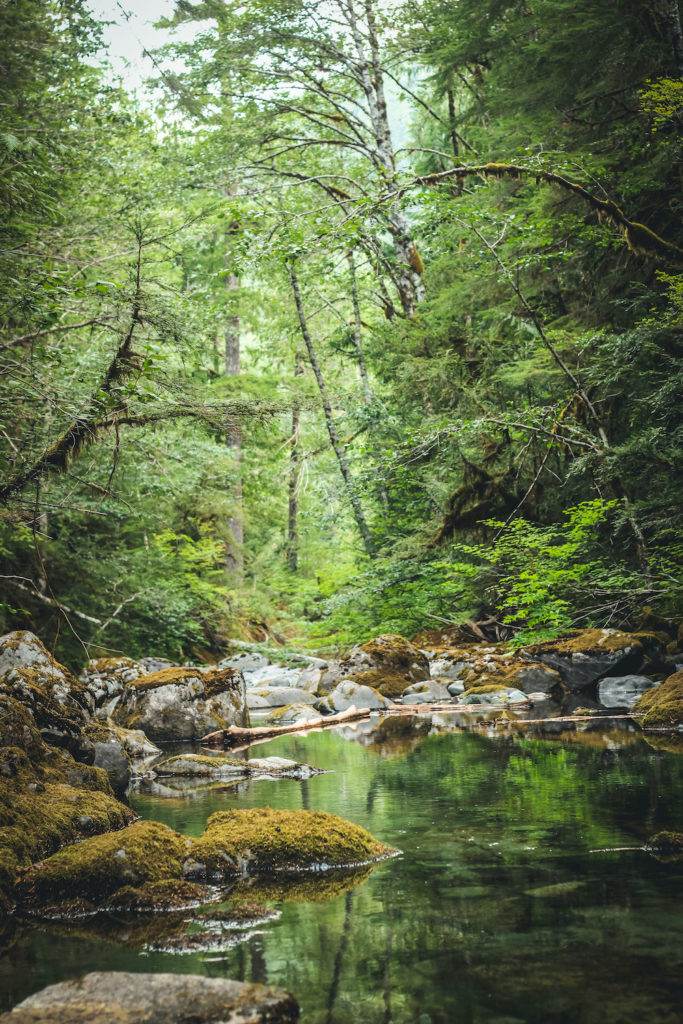
Allowing Emotions is the first step
Can you relate to the winter season feeling like a swampy, dark, place where emotions collect and pool?
Have you ever been hit with a sense of warning and fear at the edge of a body of water, even if you know how to swim and it is relatively safe?
Fear itself feels like a pool that can swallow you whole and drag you under. There is a sense of unknown danger associated with water.
It’s natural to want to avoid fear
I feel the compulsion to try to resolve fear as quickly as possible. Make it go away by any means necessary: this is the gut response to fear.
I feel this instinct apply to the sharing of this article very about the Kidneys, the Water element and the spirit of the Kidneys, the Zhi and how they all hold fear, too. I want to protect you all from one of the most dreaded emotions of all: fear. It’s not wonder that control is a how we to try to manage fear.
Then I take a moment to breath and remember what I do when I parent my kids (and myself): allow the feelings.
I am re-learning (mostly through the book Permission to Feel) that to most important step in working with emotions is to BE ABLE TO FEEL THEM IN THE FIRST PLACE. If we can simply give them space, see them and yes, even feel them, they often resolve themselves – but who’s to say they even need to be resolved to begin with?
It is more than a coincidence that I studied Teeguarden’s The Joy of Feeling the time when I first delved into learning about fear, the Water element, the Zhi and the Kidney organ system 13 years ago, and now I am reading Permission to Feel as I return to this work. Like I said above, emotions are where spirit and body interface, and they have important messages for us. But we cannot listen to the messages, let a lone follow their guidance, if we can’t allow ourselves to feel in the first place.
So it is my wish for you, if you are called, to take a few breaths and simply feel your body and notice any emotions coming from inside the body. Not to change them or heal them or do anything at all, but listen and see them.
Shared pain is lessened pain.
This is not to say that fear is something that is just an emotion that we can sit with and poof! everything is better. Nonono… There are some serious problems in the world, particularly in this country. Fear may be warning us, some more than others, that we are unsafe and need to find a secure, steady, protective place. There is, sadly, a lot to be afraid of, especially for the most vulnerable.
Then what is the use of feeling fear? The thing is, weather or not you are aware of fear, fear runs the body’s resources dry and fries the nervous system. Many symptoms can arise from long term, systemic fear: anxiety and anything related to stress. We cannot magically get rid of all the sources of fear, all the time, but we can support our bodies in lightening it’s burden from fear by listening to what it has to say.
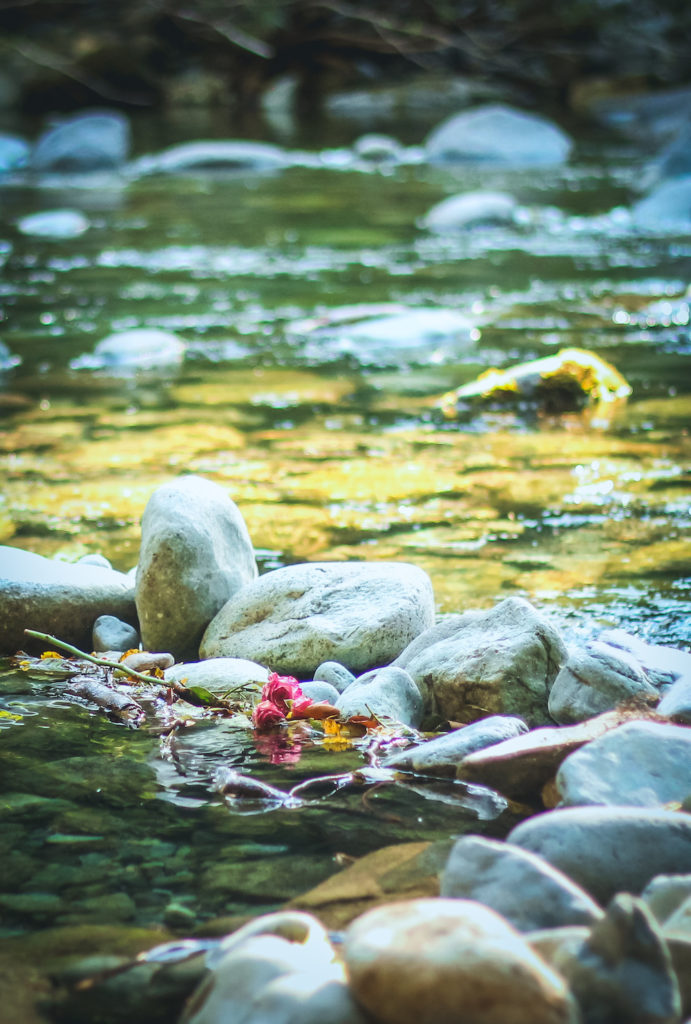
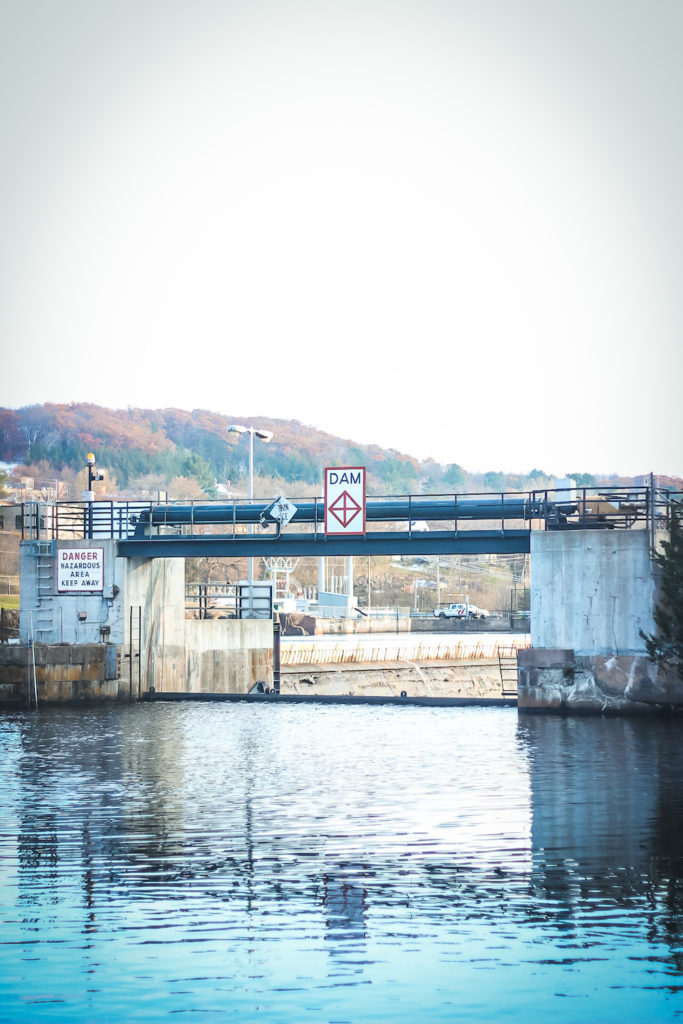
Fear from the Zhi / Water / Kidneys is associated with deep feelings from the nervous system about being safe and secure
Although I did not go into it very much in the original piece, as a preface, I want to talk a bit about the fear that is associated with the Kidney organ system and Water element.
The feelings of fear anchor into out body through the Kidney area: our low back, bones, bone marrow, and deep within our gut and pelvis. You can see with the association of the bones and bone marrow, that fear can connect to ancestral trauma.
We often feel fear in our hearts and lungs, too, but that fear is more associated with panic and anxiety as a shock, threat or intrusive thought that comes in a moment. Panic and anxiety are more closely tied with the Heart and Pericardium organs and, in a sense, have a slightly different, more immediate, reactive, and high energy flavor.
Because Chinese medicine is a complex, interconnected system, all the organ systems and elements are in constant relationship with one another. There is very little “black and white”, definitive thinking. Anxiety can also be associated with the Kidneys themselves, or the Kidneys in relationship with the Lungs and Heart. Anxiety can also point to Stomach/Spleen or Earth issues. As a Chinese medicine practitioner, I listen to the pulse and assess the Hara (abdominal diagnosis) to gain insight on where the imbalance is coming from.
The Kidney, Water and Zhi type of Fear
The Kidney organ system is associated with life itself (yet another tie in with ancestral trauma). The type of fears associated with the Kidneys are deeply held within the nervous system and relate to feeling safe and secure in the world.
I believe this following insight is from Gabor Mate: One fact of the human experience is that safety is not the absence of threat or harm, but the strength of attachment.
In other words, the tone of the nervous system and the overall sense of experiencing safety and security is how well, and to what extent, our physical and emotional attachment needs were tended to when we were a little person. We all have different needs for attachment, and I believe we can consciously work with our bodies and emotions as adults to rewire our nervous system through self parenting to provide the type of safety and security we need to thrive. One such way is DNRS (I’ll talk more about that in another post).
Strong attachment is a human right
It would be ideal if we all started out strong and supported. We need to work as a society to advocate for mothers and children in particular, to improve maternity and infant care, to insist on at least 6 months paid leave for all parents, to dramatically increase breastfeeding and chestfeeding rates (there is a LOT of healing needed for that), and create community support networks for those most at risk for obstetrical violence and low maternal-infant health options. We need to re-connect to the wisdom of the natural connection between babies and their primary caregivers. I believe we knew this deeply and instinctively until patriarchal societies demoted and harmed women and the feminine within us all (including the Earth herself).
Yet, even with all the work we need to do to support vibrant attachment as a culture, we can work with the neuroplasticity of the brain and the resiliency of the spirit to instill a sense of safety and security in our nervous system tone. That’s the true essence of healing!
Once again, if you want to learn more about the Kidney Organ system and how to take care of them during the Winter season, please read this blog entry here:
A Chinese Medicine Perspective on the Kidneys and How to Support Them
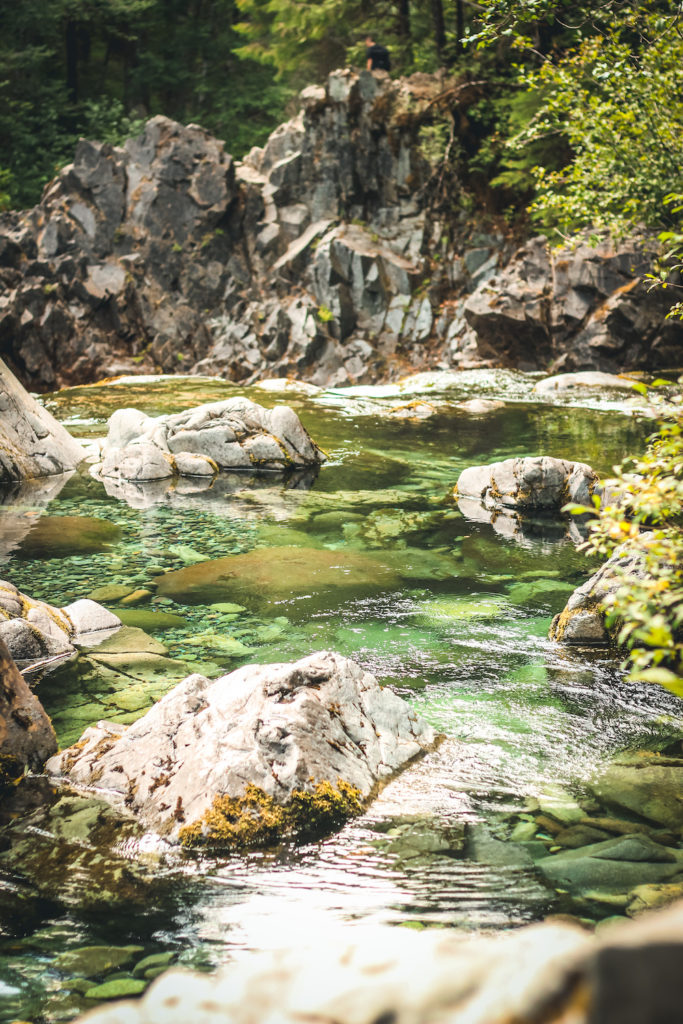
About the Kidneys, the Zhi and the Water Element of Winter
Have you discovered Iona Marsaa Teeguarden’s The Joy of Feeling?
Teeguarden practices Bodymind Acupressure (known as Jin Shin Do), and demonstrated through this book that one can use so-called “negative” emotions as a means of transformation into a more harmonious way of life. I have never received Jin Shin Do, but nonetheless her book has been a powerful teaching tool for me. Not only have I have gained a deeper intellectual understanding of the organ systems of Chinese Medicine and the interrelatedness between acupuncture points, but I have been able to see the emotions associated with the organ systems and their excessive or deficient states.
Since it is around 15 below zero with 30 below wind chill right now in northern Minnesota (and it’s 12:30 in the afternoon!), I have been reflecting on what winter means in Chinese Medicine. The North, or winter, as called by Teeguarden, is the “Watery Land of Zhi”.
Associations with the Zhi
Yin organ: Kidney Extreme emotion: Fear
Yang organ: Bladder Synergic emotion: Resolution, willpower
Sound: Groan Sense: Hearing
Body fluid: Urine and sexual fluids Body Part: Bone, marrow
Energetic tendency: Rest Element: Water
If we were to think of Zhi (winter) as a landscape, it is a swampy place below sea level, a place where many waterways run and collect. Night is longer than day, making the land of Zhi dark as well as damp. Moisture is in the air, and if you live in a northern climate this moisture is in the frozen form of snow. If you live in a tropical climate, this is the rainy season.
Yin within Yin: the most Yin time of year
More than any time of year, Zhi is the most Yin: passive, receptive, resting, absorbing and storing.
There is a power of the potentiality of Zhi that is most primal. It is not the act of being alive, but that which allows for there to be life, the power of life itself. The water that is held here in winter will be transformed into usable forms of energy in the seasons to come. Soon enough the snow will melt into the thawing landscape, giving the emerging plants nutrition and water to complete their life cycles.
Taoists see water as vital energy of life…just think of the ocean and the incredible linking of life cycles from phytoplankton to great whales. The oceans are just one of the waterways on Earth. Now consider the streams, rivers, underground wells, watersheds, lakes, seas, ponds and the moist atmosphere that recycles the water depending on the seasons and weather conditions. These waterways, these transportation routes are present in our Bodymind as well, and they are all connected like the waterways on Earth. Stagnation or an organ or area of the body can be likened to a dead tree falling over a stream, obstructing the normal flow. One side to the tree will be welling up over the banks as it searched for an alternate route; the other side will be just a trickle or a bunch of separated trickles that each have their own unconnected route. Within our thoughts and emotions we can feel as if there is a log jamming us up when we loose our concentration, become fixated with a feeling, resist change or generally aren’t flowing with life the way we’d like.
“If life is a river, we need to learn to follow the flow of life’s river–not to get panicked by the rapids, stranded on the reefs, or stuck in whirlpools, spinning madly round and round the same thing. (71)” To continuously flow around obstacles we cannot solely rely on our individual energy reserves or we will deplete them. We must realize we are a part of the “grand matrix of energetic forces” and trust there is always energy from the source that we can tap into. During the dark and difficult times, we develop and draw on our awareness of essential inner power, we can access the stored vital energy that resides in the land of Zhi.
Build interest rather than deplete energy resources
When use up our available energy but still keep going (perhaps on nervous energy) we then start depleting our energy reserves. The more resources we burn the less equipped we are to navigate life’s rivers. We begin to feel timid, inadequate and inferior; we feel weaker than our environment. Who hasn’t felt this way before? Teeguarden says that the project here is to be in touch with one’s own energy by being receptive to Nature’s energy (the source), absorbing it from our surroundings, then we will be restored with resolution, will, and trust in relation to our environment.
It is easy to conjecture about absorbing energy from Nature…but how does that actually work? It is evident for me by going for a hike on a crisp winter day. At first I am markedly cold from wool-covered head to wool-covered toes, and what little skin is exposed to the air is stung by the cold, but after ten minuets of tromping through the snow I start to circulate warmth. Ten more minuets and my nose is running, and I take off my hat and mittens because I am sweating. The sun hits my face brightening my mood, and I feel as if every molecule of oxygen is announcing itself, waking me up, as it flows cold into my nose. The landscape appears desolate at first, but chirps of chickadees and deer crossing my path remind me that winter is simply a retreat, a hibernation. Upon returning home the parts of my body that absorbed the cold begin to thaw and tingle with the flush of fresh blood supply. For the rest of the day I feel like I did something good for myself by going for a walk, as I enjoy increased physical energy and a subtle sense of peace and calm.
I gained from being in nature. I am sure you have felt it, too. Going on a simple walk out of doors can revive our energy in a physical and emotional way.
Another way that we can absorb energy from our environment is by practicing deep breathing, in particular hara breathing. Hara breathing is when we breath in our nose and let the breath cause our abdomen to rise, rather than the chest. After five seconds of inhalation, slowly exhale out the mouth as the abdomen falls.
What are your favorite ways to restore your energy in the winter?
Take good care of that precious Kidney energy. Your spring and summertime self will thank you.
Best,
Celia

